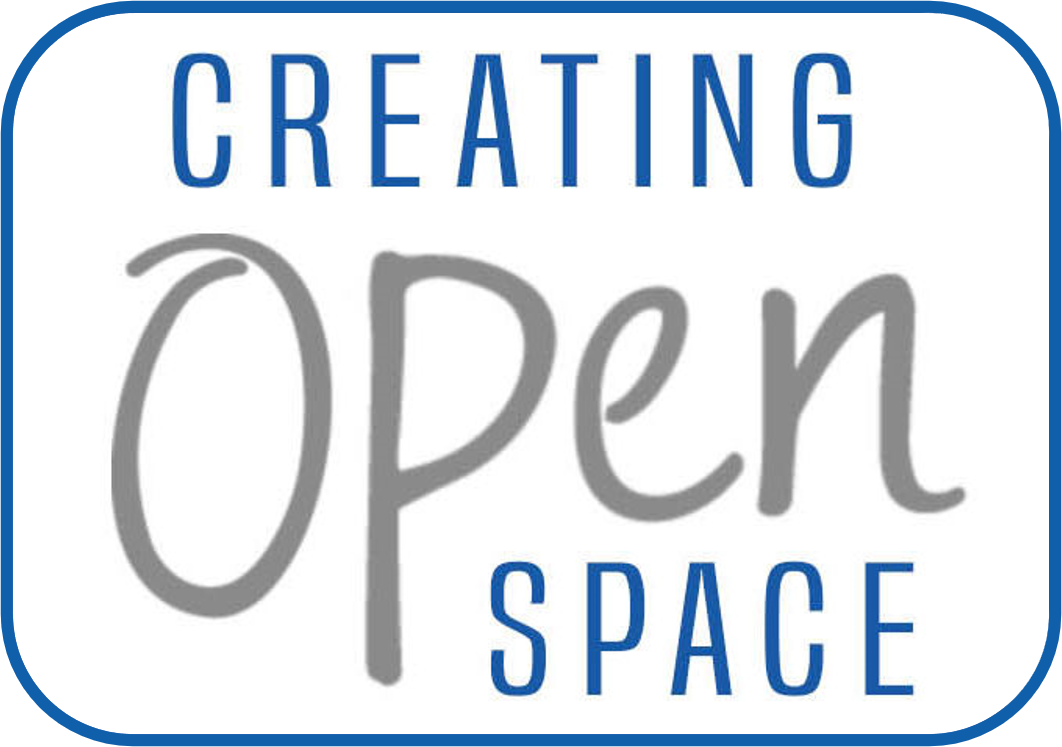Learning from Your Experiences, Part 1
There’s a saying that while some people have 20 years of experience, others have 1 year of experience 20 times over. The point is, not everyone leverages the multitude of learning opportunities that are available to them. The ability to leverage our experiences for learning is paramount, as research shows that 70% of professional development happens in the context of everyday work. In other words, each time you do something new or different without learning and growing from it, you’ve passed up a professional development opportunity.
As a coach, I’ve become an expert in helping my clients leverage everyday experiences to grow their skills, abilities, perspective, and approach. Today I offer five of my Top Ten Tips for getting the most from your learning experiences. These tips are based on the 2nd edition of The Coaching Companion: Get the Most from Your Coaching Experience, a must-have resource for anyone investing in coaching. Release date: April 5th, 2021.
Tip 10 - Leverage Feedback: Many people mistakenly wait for feedback to be provided to them, then bemoan the fact that they receive very little of it. In truth, feedback is absolutely everywhere, available for your consumption. Others’ body language is feedback. What people do with your ideas is feedback. The way in which people ask for your help is feedback. Even the way animals act around you is feedback.
Tip 9 - Define Success: Even those who habitually define success for their organization, program, team, or project often miss opportunities to define success for the more routine things at work. If you really want to learn from everyday work experiences, start defining success for the “everyday” aspects of it. Define success for your meetings, for your conversations, and for your daily accomplishment. Define success for your own ability to focus, prioritize, give praise, or whatever it is you’re trying to do more of at work.
Tip 8 - Surround Yourself with Support: In this context, support doesn’t mean physical scaffolding, it means human scaffolding. If you really want to learn from work experiences, then you need people who will help you view your experiences through different perspectives. The best supporters will question your assumptions, point out the things you’re missing, encourage you to explore different viewpoints, tell you when you’re not having the impact you want to have, and provide accountability toward your goals.
Tip 7 - Take Time to Reflect: Learning, from a brain-based perspective, involves the formation of new neurological connections - the classic saying of “connecting the dots” and the experience of an “aha moment.” If you wait around for these moments to emerge, you’ll learn a little. If you seek them out, you’ll learn exponentially more. While creating space for these moments is certainly something that professional coaches are trained to do, you don’t have to be sitting across from a coach to search for insight. Adopt a practice of evening reflection and ask yourself, “what can I learn from today?” You’ll be astounded how much there is to learn from this simple reflective exercise.
Tip 6 - Translate Insights to Action: Everyday we have countless insights - those moments we realize that something might be relevant or helpful to us. Most of the time, we let our insights pass without investing the mental energy to convert them to actions. To learn from your experiences, you must invest this extra energy - you must make the insight work for you by putting it to use. Keep it simple: you don’t need a comprehensive action plan or strategy. For every insight you have, make one shift in the way you operate.
Want to learn more? Stay tuned for the countdown to continue, visit www.coaching-companion.com/resources, and/or register for our upcoming webinar.
